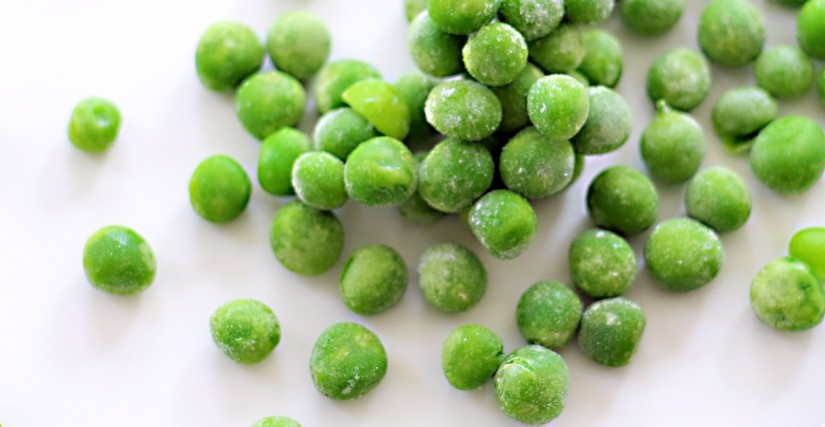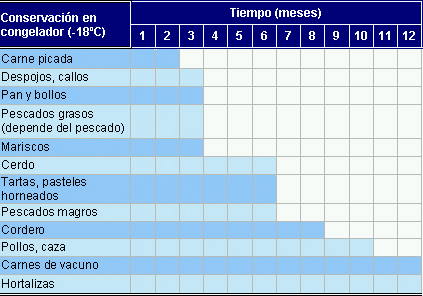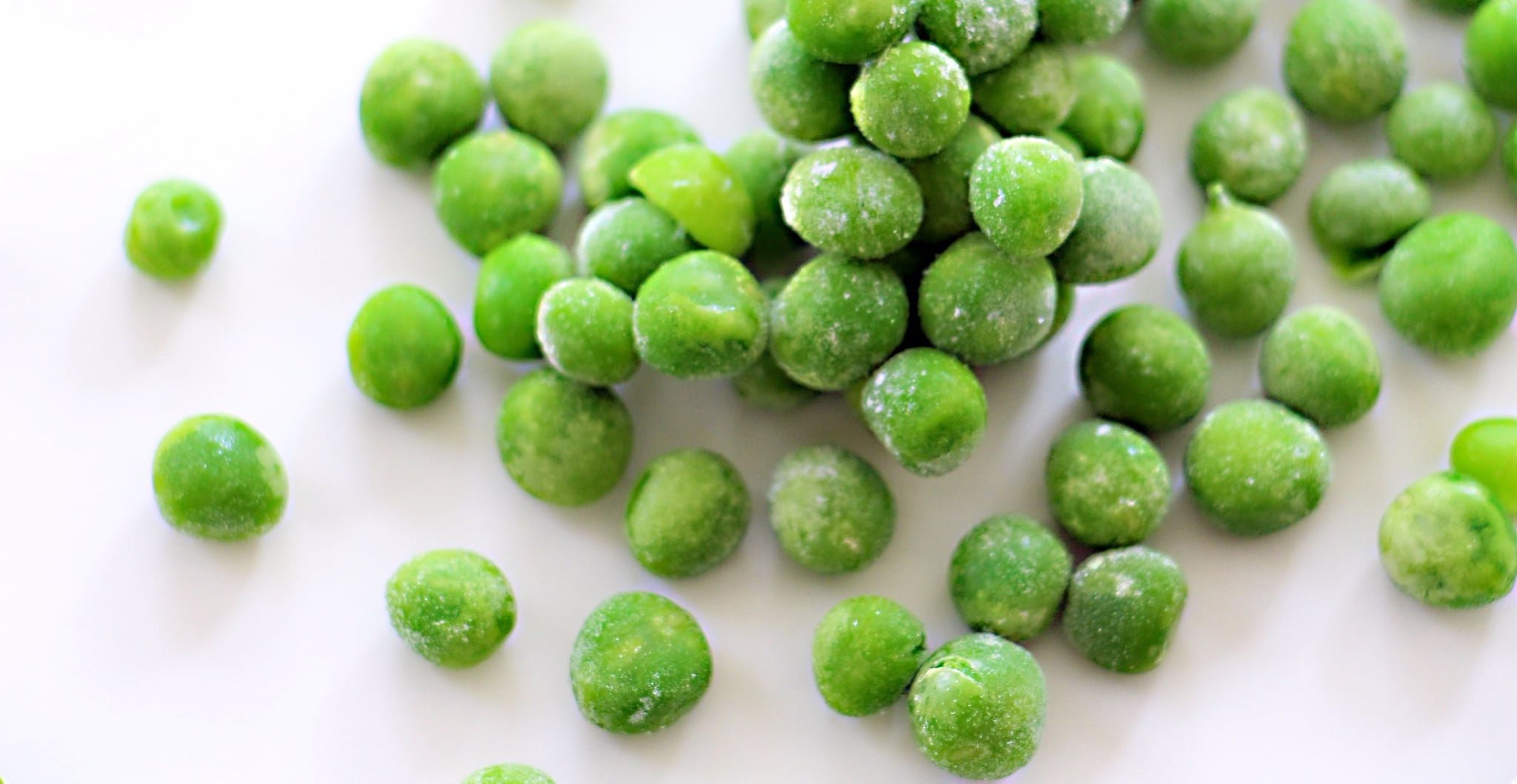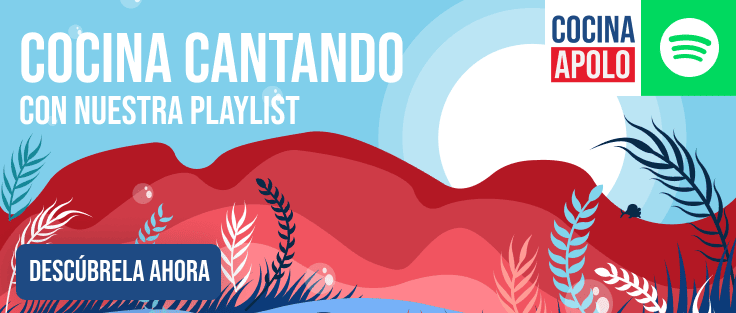The consumption of frozen products has become widespread in today’s society. Ninety-nine percent of households buy them and seven out of every ten families consume them at least once a week, according to a study by Kantar Worldpanel. In addition, consumer perception of these products has improved: more than 70% recognize them as being as healthy as fresh products, according to the latest Aecoc Shops barometer. the latest Aecoc Shopper View barometer.. Even so, there are many urban legends associated with these foods. These are widespread commonplaces whose veracity is not usually questioned. To dispel false myths about frozen foods, we review 10 beliefs that are often given credence, although they are not always based on scientific criteria and therefore fall under their own weight:

1. Frozen foods contain preservatives and colorants. False
The freezing process does not require artificial substances or chemicals to preserve food. With temperatures below zero degrees it is possible to preserve the quality of the product while maintaining its nutritional values in a natural way. This is why ice has been used throughout history to prevent the degradation of products. What better preservative than a natural one? The technique is simple: when the thermometer drops below zero, the water contained in the food is transformed into ice. In this way its characteristics are maintained and the proliferation of microorganisms is prevented. The international temperature agreed upon by experts is -18º to avoid the appearance of bacteria, which cannot develop under these conditions. At Congelados Apolo we use rigorous control mechanisms that keep the products between -20º and -22º.
They are cheaper because of their poorer quality. False
The generally lower price of frozen products does not depend at all on their quality. The possibility of taking advantage of them and consuming them throughout the year, regardless of the season, allows that their cost is not subject to fluctuations derived from a greater demand and a smaller supply depending on the season.
3. Frozen products do not have the same nutritional properties as fresh products. False
Some people believe that frozen products are not as nutritious as fresh ones or that they lose their nutritional and organoleptic properties (taste, smell, texture), when this is not true. If the freezing process is carried out properly and the cold chain is not broken, foods retain their characteristics and qualities intact.
4. Frozen foods are not as healthy. False
As we have commented previously, if the chain of the cold is maintained the frozen products suppose a guarantee as far as security and hygiene. Not in vain the freezing avoids the proliferation of bacteria, microorganisms or pathogens. In addition, it prevents the appearance of parasites such as anisakis that affect raw fish and require freezing to eliminate them.
5. They have no expiration date. False
The labels on these products indicate their expiration date. In the case of foods frozen at home, depending on the quality of the appliance and the type of food, they can be kept for between three months and one year. Each star on the appliance indicates -6º, so it is advisable to have a minimum of three to reach the recommended -18º. This table can serve you as orientation (source: Eroski Consumer).
6. All foods defrost in the same way. False
Not all products are consumed in the same way. Some do not even need to be defrosted to cook them, but can be  introduced directly in the oven or microwave. The way of use can be consulted on the labels.
introduced directly in the oven or microwave. The way of use can be consulted on the labels.
7. You cannot refreeze a product that has already been thawed. True
We have already talked about the importance of maintaining the cold chain. That is precisely why it is counterproductive to refreeze a product that has already been thawed, since bacteria can be reactivated in this process and its properties, once intact, would pass to a better life.
8. It is better to buy fresh food and freeze it at home. False
Time plays against the preservation of the product. The longer the process between harvesting/harvesting and freezing, the more likely it is to lose properties along the way. Industrial freezing of food is carried out immediately, which is a guarantee. Optimum control mechanisms are also applied so that the product maintains its freshness and qualities once thawed.
9. I can freeze any product. False.
Not all products retain their properties with this technique. For example, sauces and creams tend to be cut.
10. Isothermal bags make it easier to buy frozen products. True.
To prevent products from defrosting on the way home, it is convenient to use insulated bags. If you don’t have one, put the rest of the products in the shopping basket and leave the frozen products for last. This will shorten the time they remain out of the freezer.





